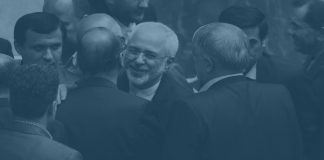Eurasia
Central Asia is a highly strategic region traditionally trapped between several major powers but generally dominated by Russia, whose primary objective remains protecting the buffer zones that extend all the way to Eastern Europe.
The Russian government’s power depends on the security services, provision of economic incentives to a small group of elites and the acquiescence of the Russian population.
Ongoing regional and ethnic tensions threaten the unity of Central Asia and thus, sometimes, to the security of Russia.
Eurasia is highly exposed to Russia economically, especially when it comes to currencies, remittances and labor. Nevertheless, as the Russian economy weakens, partly due to the exporters’ crisis, its financial troubles are contributing to Central Asia’s slow destabilization.
While Russia is the dominant force, the economic slowdown in China, which is a major benefactor of much of Eurasia, is a major risk for Central Asian economies.







